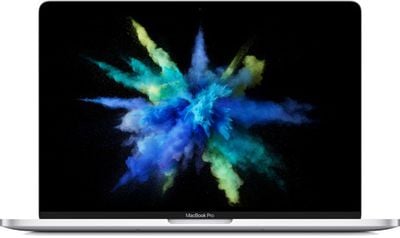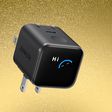Despite featuring more energy efficient Skylake processors, faster SSDs, better GPUs, and new thermal architecture, Apple's revamped MacBook Pros continue to max out at 16GB RAM.
Many customers have been wondering why Apple didn't bump up the maximum RAM to 32GB, including MacRumors reader David, who emailed Apple to ask and got an explanation from marketing chief Phil Schiller. According to Schiller, more than 16GB RAM would consume too much power and have a negative impact on battery life.

Question from David: The lack of a 32GB BTO option for the new MBPs raised some eyebrows and caused some concerns (me included). Does ~3GBps bandwidth to the SSD make this a moot issue? I.e. memory paging on a 16GB system is so fast that 32GB is not a significant improvement?
Schiller's answer: Thank you for the email. It is a good question. To put more than 16GB of fast RAM into a notebook design at this time would require a memory system that consumes much more power and wouldn't be efficient enough for a notebook. I hope you check out this new generation MacBook Pro, it really is an incredible system.
While most average customers likely couldn't utilize 32GB RAM, the MacBook Pro is aimed at professionals who need more computing power and who may occasionally feel the constraints of being limited to 16GB RAM. There will undoubtedly be customers who are disappointed that Apple has not offered a choice between better performance and battery life.
For the 2016 MacBook Pro, Apple was able to reach "all-day battery life," which equates to 10 hours of wireless web use or iTunes movie playback. That's an hour improvement over the previous generation in the 15-inch machine, and a small step back in the 13-inch machine.
While none of Apple's portable machines offer more than 16GB RAM, 32GB of RAM is a high-end custom upgrade option in the 27-inch iMac.
Update: Apple provided a bit more detail to Dan Frakes of The Wirecutter, noting that Apple elected to use LPDDR3 RAM, which is limited to 16 GB per chip, due to its performance/energy ratio. A reddit commenter notes that Intel's Skylake chips do not support the faster and more efficient LPDDR4 standard.























